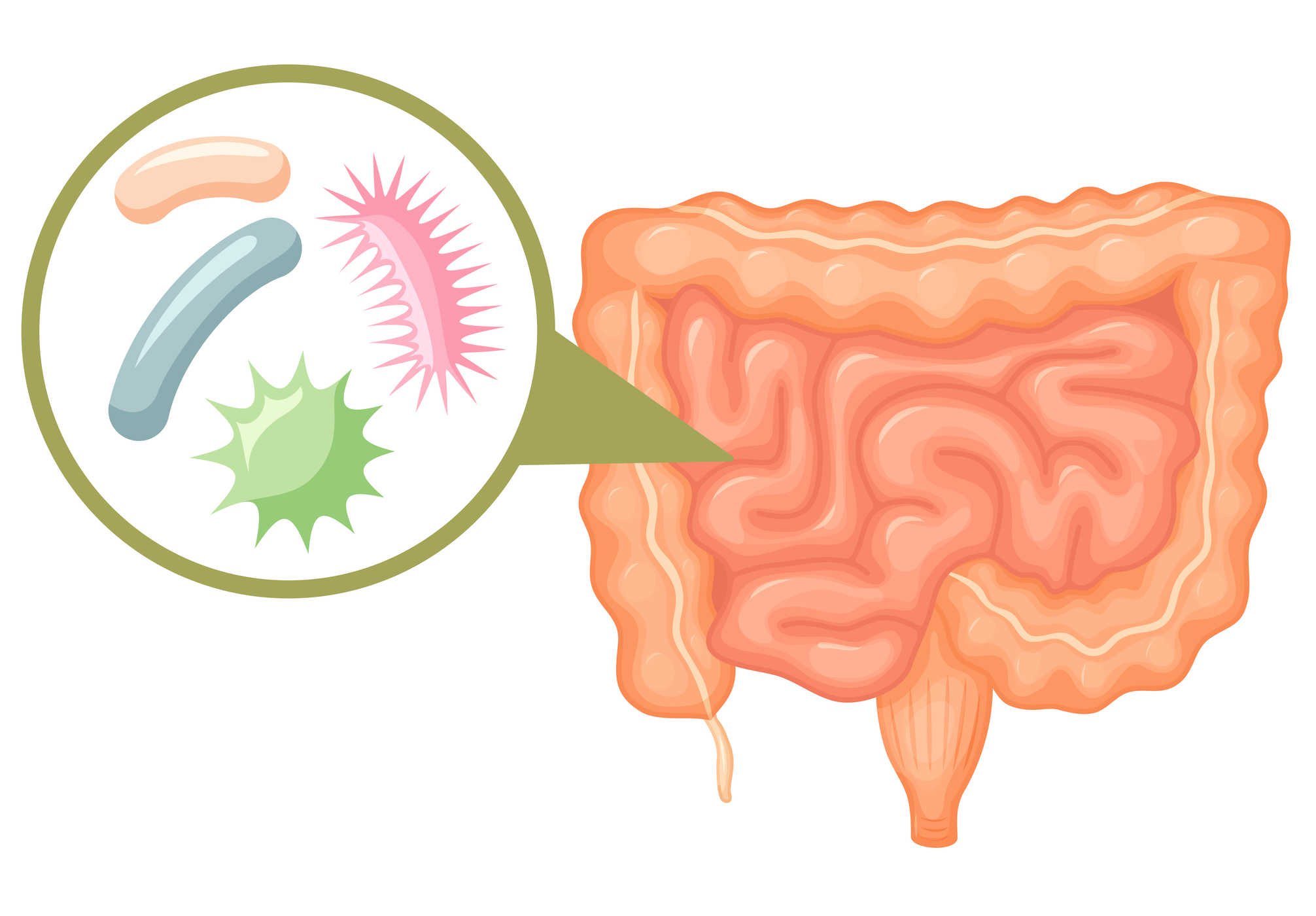Contents:
- Medical Video: How Bacteria Rule Over Your Body – The Microbiome
- The function of good bacteria is not only for digestion
- Three types of good bacteria
- What is the difference between the three types of good bacteria?
- What is the effect on health?
Medical Video: How Bacteria Rule Over Your Body – The Microbiome
Did you know that there are various types of good bacteria that are spread throughout all parts of the body? But the most common bacteria are in the intestine, which consists of at least 400 million bacteria. There are two groups of bacteria, namely good bacteria and bad bacteria. It is called good bacteria because it is useful for digesting food and producing various nutrients from digestion. While bad bacteria actually make the body infected and cause various infectious diseases. In each person the composition of the number of good bacteria with bad bacteria varies, depending on what is eaten and the lifestyle applied.
The function of good bacteria is not only for digestion
The good bacteria in the intestine are very important, even so the importance of these bacteria is called the "second brain" for humans. Not only serves to help digestion and absorption of nutrients, good bacteria can also know and feel the feelings that are being felt by that person. The proof, every time you are in a state of stress, nervousness, etc., some people feel pain in their stomach or nausea. In fact, before not eating food that can cause this. This proves that the bacteria both understand what is felt and then provide the same response when the person feels anxious.
Three types of good bacteria
Like blood type, each person has a different kind of good bacteria. Although there are millions and even billions of bacteria in the body, researchers divided them into three major groups. This is evidenced from the results of research that conducted research on 3 different groups of people, the first group consisted of people living in the European region, the second group was a group from the United States, while the last group involved several people from Japan. The total number of respondents included in this study were 39 people, each of whom had a BAB sample for study.
Research conducted by the European Molecular Biology Laboratory in Germany proves that there are 3 large groups of bacteria in the intestine. The three types of bacteria are Bacteriodes, Prevotella, and Ruminococcus. The division of this group is not related to differences in gender, nationality, ethnicity, age, and a person's body mass index.
What is the difference between the three types of good bacteria?
This grouping of good bacteria will affect each person's diet and diet. For example, on Bacteroides get energy and food from sugar and protein, and many are owned by people who are reducing obesity. While Prevotella likes proteins found in the intestinal wall so that it can cause pain in the stomach. Then Ruminococcus helps cells to absorb sugar and can increase body weight.
Not only food is different, but the results of the nutrients produced are also different, as in the type Bacterioides produce several vitamins for example, vitamin C and vitamin H. Meanwhile Provetella is a good producer of folic acid and vitamin B1. Simply put, each type of bacteria has different ways to help metabolize drugs and nutrients in the body. This determines how many doses and types of antibiotics are suitable for each bacterium.
What is the effect on health?
Like the classification of blood groups, each type of blood group has characteristics and only matches some other types of blood group, this will affect the medical action that will be applied. This also happens to different types of good bacteria. Because by knowing the type of bacteria that is in the body, giving drugs such as antibiotics can be adjusted to the type of bacteria that exist so that the drug can work optimally. Therefore, further research and scientific evidence is needed to ascertain each of the characteristics of the good bacteria that exist.
READ ALSO
- 8 Tips for Maintaining Good Bacteria in the Intestine
- 7 Foods Containing Probiotics, Good Bacteria for Health
- Differentiating Viral vs Bacterial Infection, and How to Overcome It












